On the 18th October 1988 Detective Constable James Kenneth Cunningham No 7857 on the instructions of Detective Malcolm John Thomas (via Detective Senior Sergeant Gary Condon) entered a nursing home armed with a one metre long – one inch thick length of dowel. Cunningham was accompanied by three other officers – Detective Constable Wallace No 8110, Senior Constable Dunning No 5298 and Constable Humphrey No 8505.
The Police were searching for two men, the owner and a brother. They where about to be falsely accused of assaulting an ex-cop security guard Brian Francis McBreen. McBreen was a friend of both Malcolm Thomas and Steve Dimery and together they had conspired to falsely accuse the brothers so as to further discredit them and protect another mate Peter Carroll also an ex-cop, guilty of assault – resulting in one of the brothers about to be charged requiring surgery.
Cunningham threatened the occupants of the building with the weapon he was carrying. A complaint was made to the District Commander Merv Derecourt. the investigation was a sham – in their statements both Cunningham and Humphrey’s lied and the other two officers were not in the same area of the building when the threatened assault occurred – not that they wouldn’t have lied also.
Dispite having photograpraphic evidence Commander Derecourt dismissed the complaint as unfounded and frivolous. The Police report cites Cunningham’s subconscious habit of carrying sticks around with him and that he is highly though of by his superiors in the C.I.B.
This is one in the same C.I.B that Chief Inspector Ratahi knew to be corrupt. Derecourt then wrote to the complainants advising that the complaint had been dismissed and that Detective Constable James Kenneth Cunningham had been required to:
“confine his subconscious habit of carrying sticks to outside police Hours.”
The Sunday News, a national paper carried a story on the incident and were planning a second on the wide spread corruption; Police HQ however, which no doubt included the Commissioner John Jamieson, intervened and intimidated the paper into pulling the follow up second article – which would have exposed those involved.
The victimised men that Cunningham and Thomas were looking for were arrested and falsely charged later that same day at the offices of their solicitor. On the 28th June 1990 the Jury took less than half an hour to find the men not Guilty of the serious indictable assault charges that Thomas, Cunningham and other members of a criminally corrupt Gisborne C.I.B had conspired to lay.
Thomas, needless to say, was not happy with the not guilty verdicts so he again attempted to conspire to have more charges laid.
One of the men unfortunately had a cheque dishonoured – an everyday civil matter, usually rectified by a telephone call. The cheque was for the hotel accommodation in Napier during the trial. The hotelier however was friendly with the cops, they had used the same hotel during the trial. Within a fortnight of returning to Auckland the man that had been found not guilty received a call from his bank, Trustee Bank Auckland, New Market Branch. It was the Branch Manager, he needed to talk urgently, but not over the phone – a meeting was arranged for the same afternoon.
The Manger explained that he had just received a call from a policeman in either Napier or Gisborne. The cop wanted the Manager to assist him in laying a fraud charge. Thomas was again up to his old tricks and attempting to recruit bank managers, the manager however was not interested and politely declined to assist the Police and then immediately telephoned his client.
It was decided that the best thing to do was to close all the accounts thus removing the ability for Thomas to continue with his attempts; no account, nothing left to discuss with Detective Thomas or whoever it was that had called on his behalf. It was clear that Thomas had no intention of giving up, he had obviously developed an almost psychotic hatred of the subjects, not at all dissimilar to the hatred he and his corrupt colleagues had for Chief Inspector Whiro Ratahi.
It is my view that Thomas and the Police did not stop there. It is highly likely that they then called the man’s employer – John Sands (NZ) Limited.
For what ever reason John Sands decided that they did not need the grief that the Police were giving the employee, resulting in his prolonged absence from work – which as a senior manager, admittedly, would have been disrupting – nevertheless beyond the man’s control.
An ultimatum was given! Stop attending the court trials (which the management at John Sand’s would surely have known was an impossible demand) resign or we’ll be forced to fire you. Later that day it was agreed that he would tender his resignation, John Sands paid three months salary and the man, at the request of John Sand’s (NZ) Ltd, finished up the same day.
The General Manager of John Sands (NZ) Limited at the time was Gray Paterson, he was involved in that ultimatum and ironically is now the CEO of the Auckland District Law Society – A position he, dispite being a so-called Christian; We believe, lacks the moral integrity, or as they say intestinal fortitude, to hold. Up-date: He has since left and is now the head of the Apprenticeship training trust (sorry Mr Paterson until such time as the truth prevails we will continue to out you as a total cunt)
The story however does not end there, Cunningham unfortunately was apparently not able to attend the trial of the men that he had charged, he was otherwise occupied – he was in fact on the run having skipped the country on April 14th 1990 two months before the trial; Why? on 6th April, whilst on assignment back in Gisborne, Detective James Kenneth Cunningham No 7857 and his strange psychopathic fetish’s struck again. Click here: News paper cutting cunningham – courtesy NZHerald
Cunningham had indeed confined his bad habits to outside working hours, preferring instead the police bar – The same bent crown solicitor Phil Cooper was the prosecutor and of course the jury was made up of bent cop loving locals – he was acquitted.
There remains however, in my mind at least, three unanswered question’s. Why did he run in the first place? Why did he have to be extradited and what if Commander Derecourt had done something about his egregious behaviour sooner, instead of manufacturing a bullshit excuse for yet another bent cop?
The even stranger thing about this story is that a lot is missing from the News paper article, again the Gisborne C.I.B and the Police used the disappearing act to great effect in a skilled re-writing of history. One of the leaders of this band of bent cops and admirer of Cunningham was Detective Sergeant Laurie Naden an expert in utilising the media to achieve his own ends – more on that in the book.
Footnote:
Anyone with knowledge of the victim in this case please feel free to contact Laudafinem we would like to know more about the circumstances of the sexual assault and the trial – we have been led to believe that she was a young civilian Police employee working in the typing pool. Also anyone knowing the whereabouts of Cunningham, we would also like to here from you.
Related articles
- The Banjos Dueled, Pigs Snorted, and the Home Brew Bubbled Away (laudafinem.com)
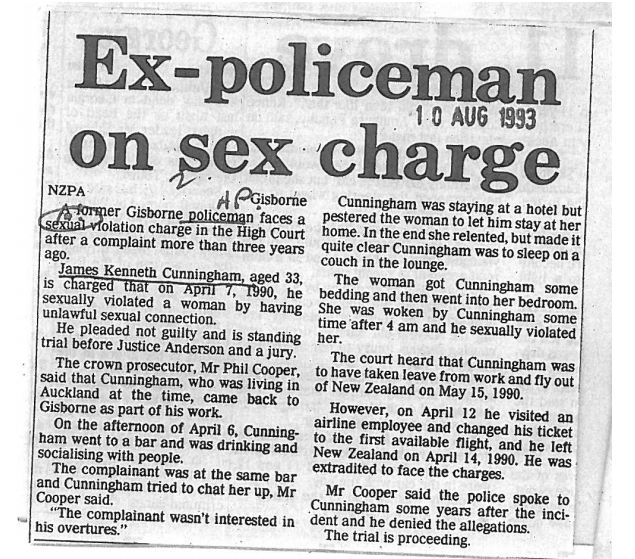
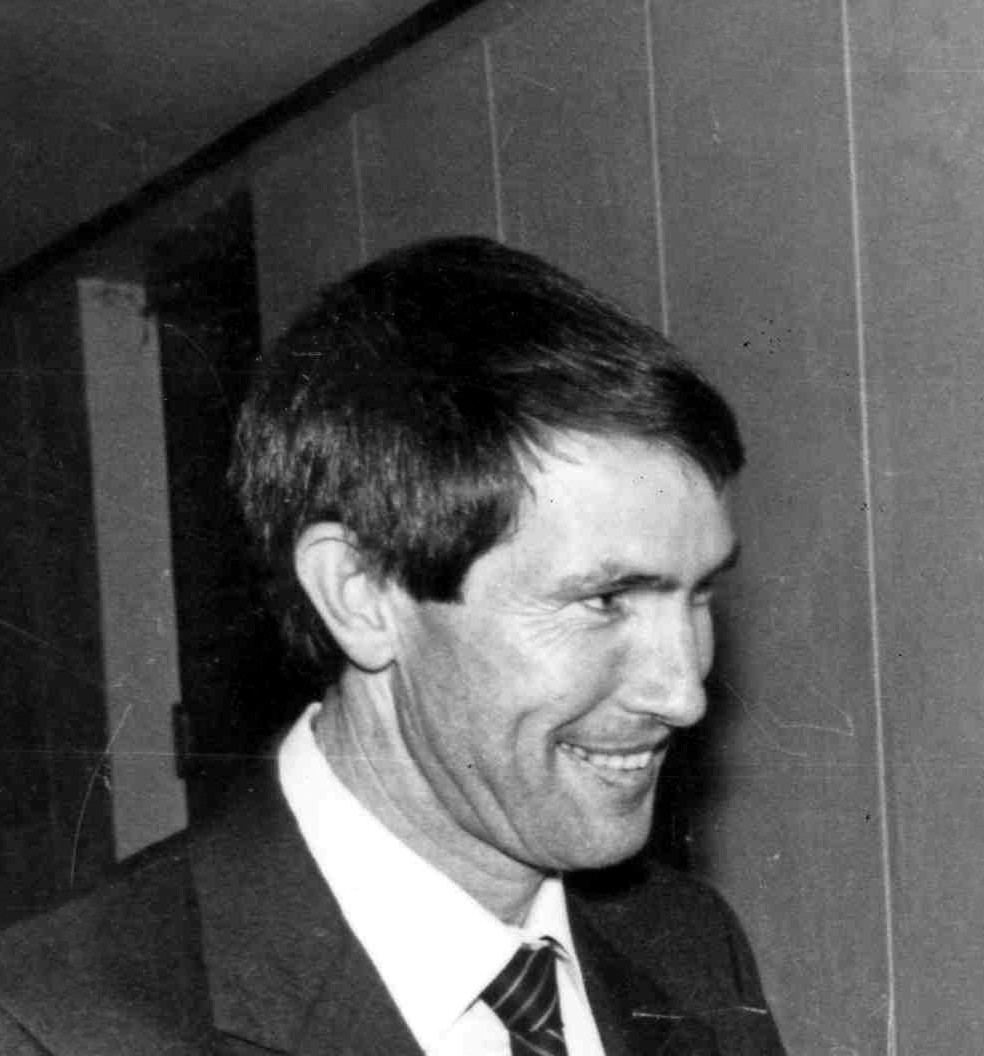
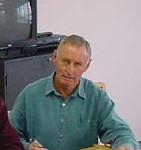
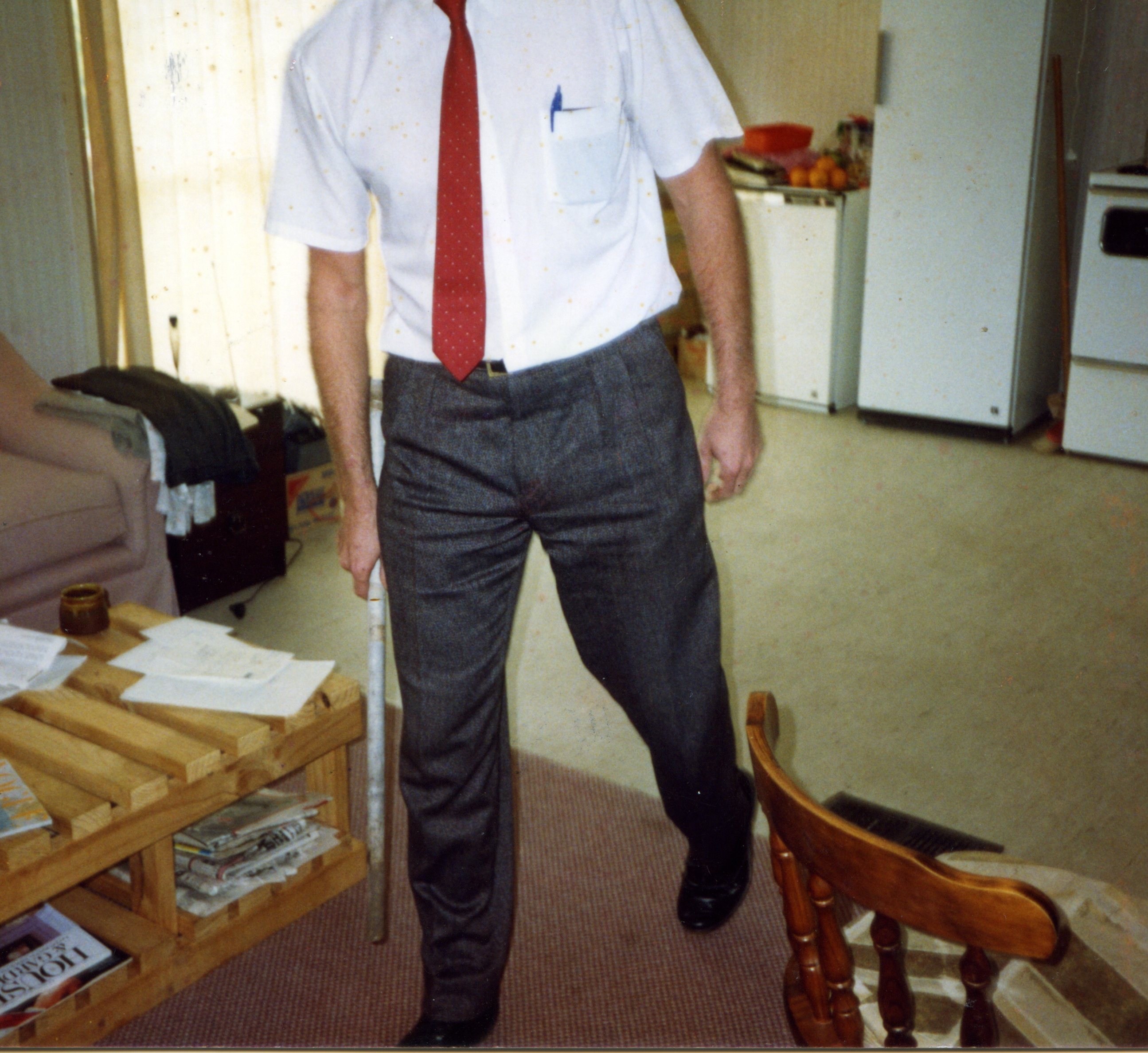
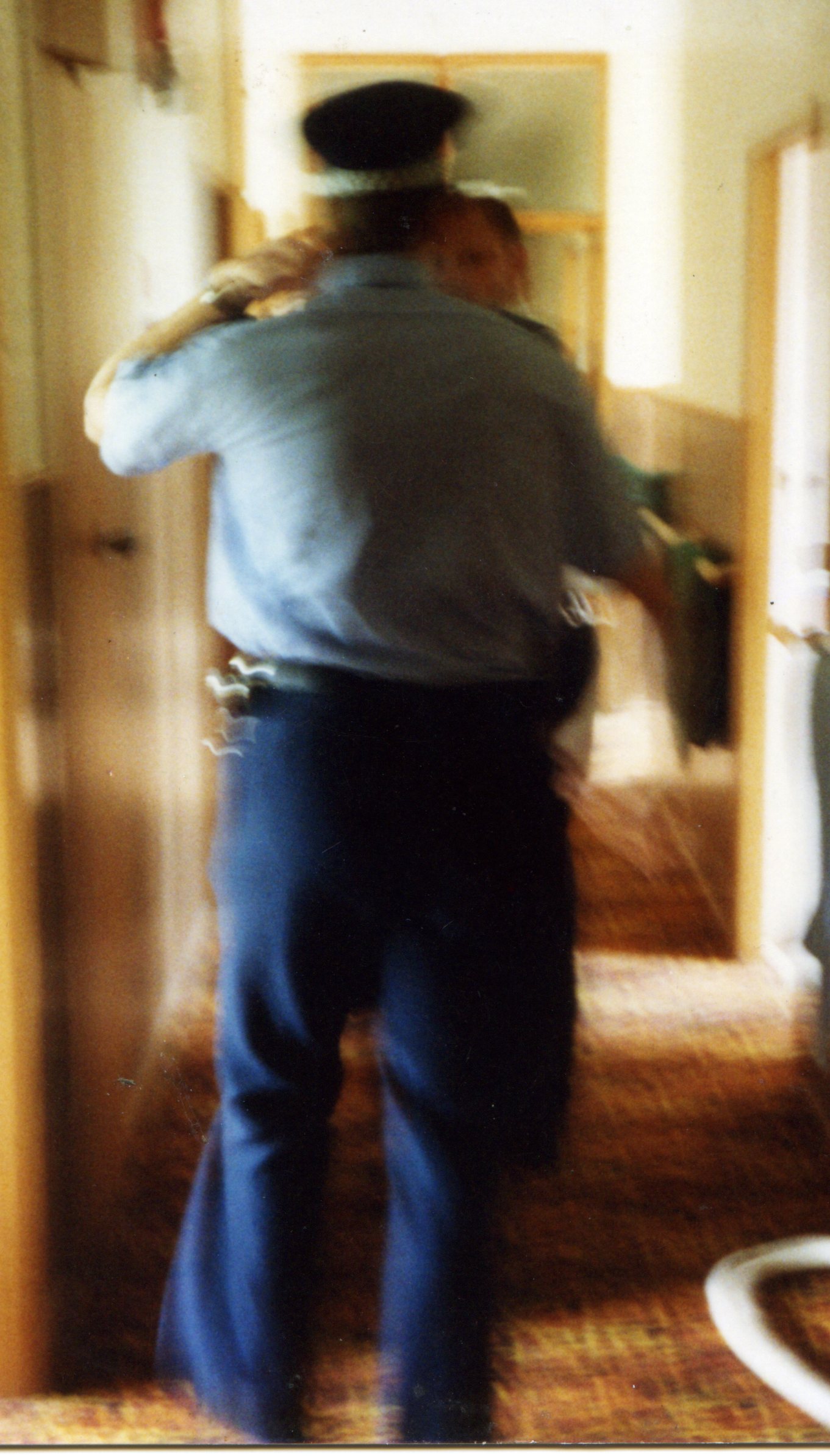
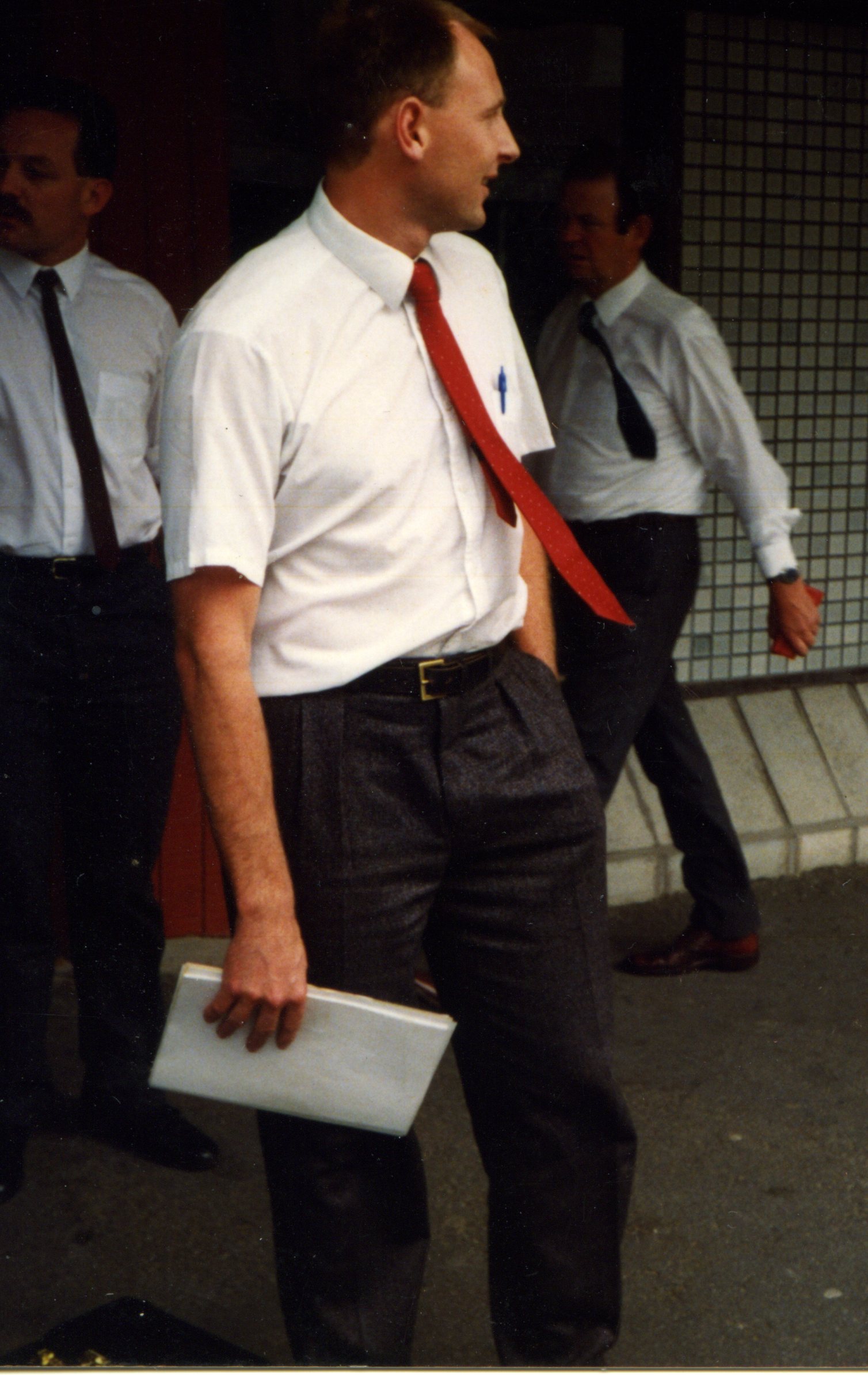

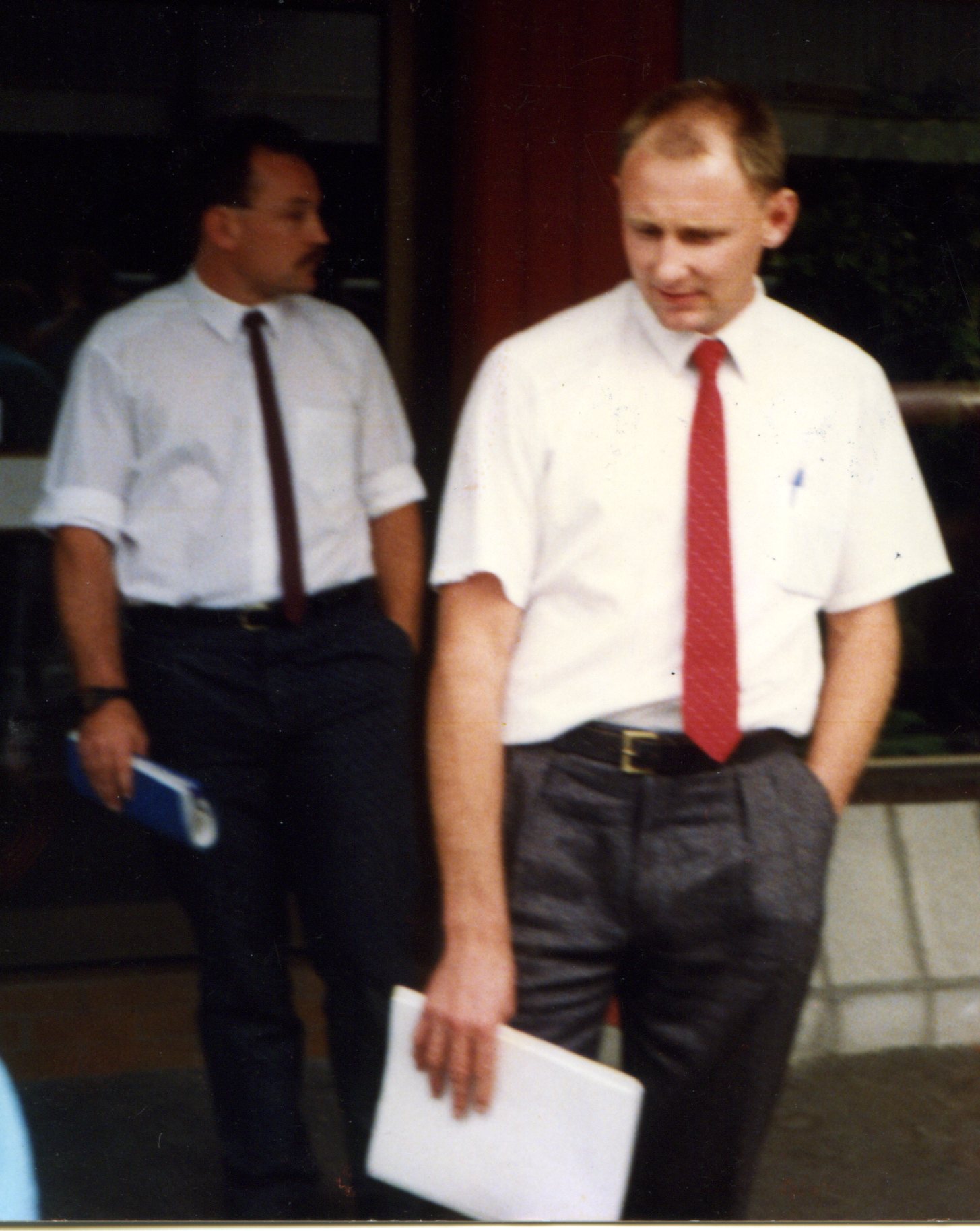
No Comments
Just saw Whiro Ratahi on the news in connection with the Commonwealth Games.
Hi great stuff. You must write that book!!!!.
Cheers
Invictus Maneo
Crimes Act 1961 No 43
Section 115 Conspiring to bring false accusation
Every one who conspires to prosecute any person for any alleged offence, knowing that person to be innocent thereof, is liable—
(a) to imprisonment for a term not exceeding 14 years if that person might, on conviction of the alleged offence, be sentenced to preventive detention, or to imprisonment for a term of 3 years or more:
(b) to imprisonment for a term not exceeding 7 years if that person might, on conviction of the alleged offence, be sentenced to imprisonment for a term less than 3 years.
Compare: 1908 No 32 s 136
Section 115(a): amended, on 26 December 1989, by section 3(4) of the Abolition of the Death Penalty Act 1989 (1989 No 119).
Crimes Act 1961 No 43
Section 110 False oaths
Every one is liable to imprisonment for a term not exceeding 5 years who, being required or authorised by law to make any statement on oath or affirmation, thereupon makes a statement that would amount to perjury if made in a judicial proceeding.
Crimes Act 1961 No 43
Section 116 Conspiring to defeat justice
Every one is liable to imprisonment for a term not exceeding 7 years who conspires to obstruct, prevent, pervert, or defeat the course of justice in New Zealand or the course of justice in an overseas jurisdiction.
Compare: 1908 No 32 s 137
Section 116: amended, on 18 June 2002, by section 6(1) of the Crimes Amendment Act 2002 (2002 No 20).